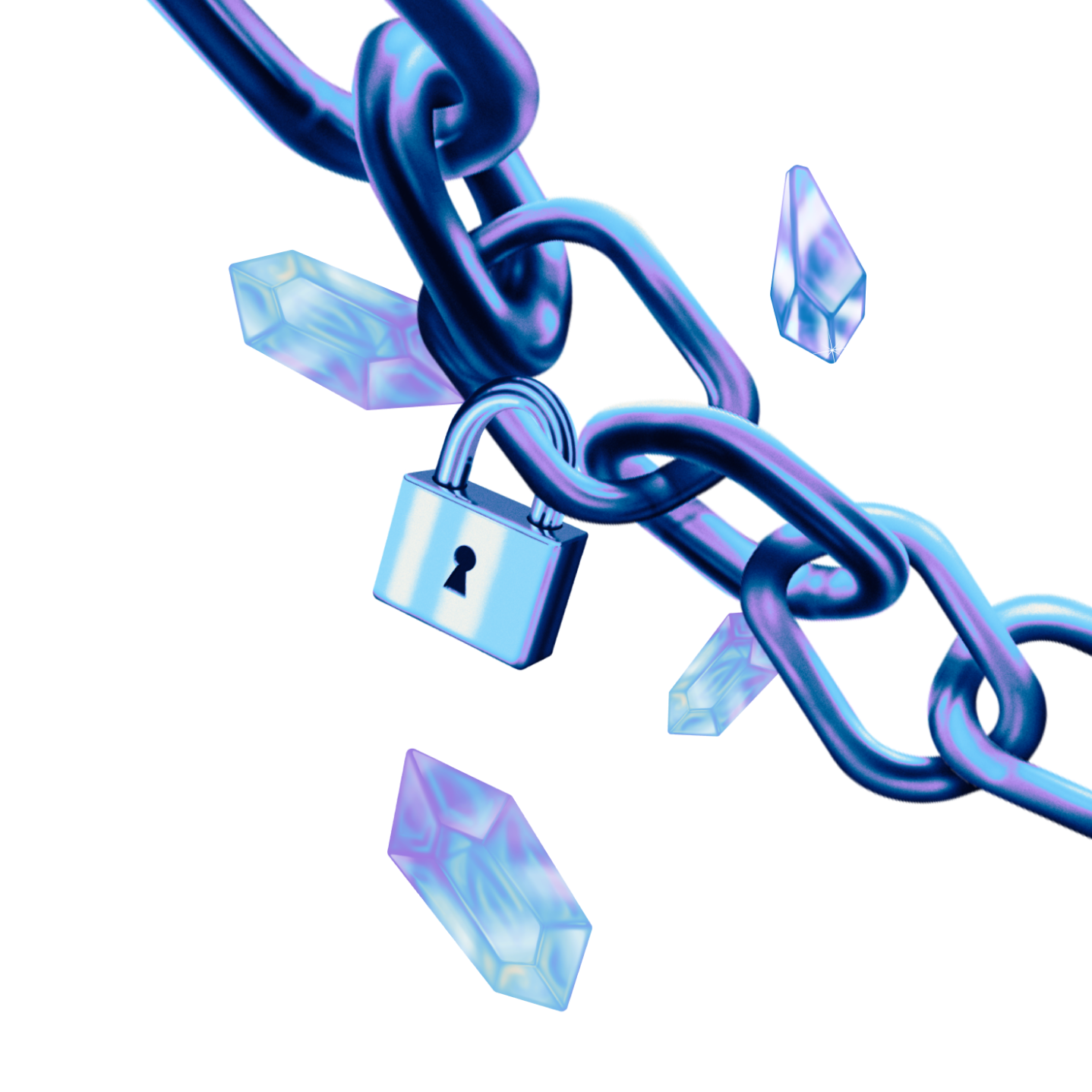Financial Security:
Your financial well-being is directly linked to your identity security. Identity theft can lead to drained bank accounts, accumulated debt, and significant financial repercussions. Ensuring your identity is secure helps maintain your financial health.
